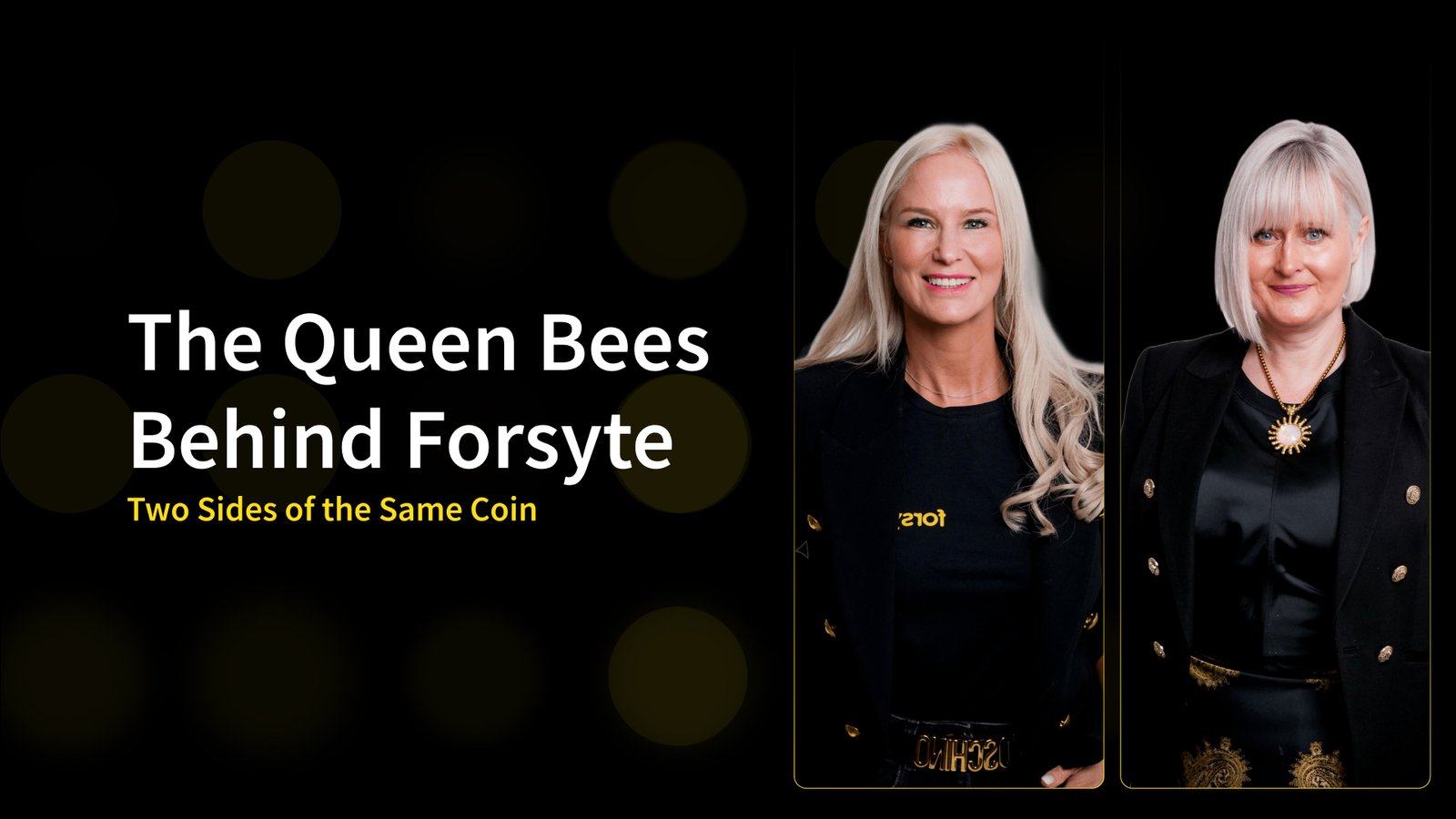Persuasion is a skill, and at its best, it is an art form. True persuasion requires no tangible value exchange. When done well, you can convince another person to part with large sums of money, invest their time, or support your vision, often with no expectation of anything in return. That’s the power of persuasion.
But persuasion is not one thing. It is a complex culmination of effort, projected through multiple dimensions. At its lowest form, it is begging. At its highest, it is sales. When used for malicious purposes, it is manipulation. But if done with care, persuasion becomes a tool that can build connections, change minds, and open doors.
So, what exactly is needed to master the art of persuasion?
The Power of Image and Sympathy
Imagine someone on the street asking for a donation. If they appear disheveled, intoxicated, and hopeless, most people won’t give them a second glance, even if they have the means to spare a few pounds. Why? Because people are less likely to feel sympathy for someone who appears to be a victim of their own poor decisions.
On the other hand, if the same person were sober, dressed in clean clothes, and well-groomed, their chances of receiving help increase significantly. People are naturally more inclined to help someone who “hasn’t yet lost it all.”
Here’s why this matters:
- Relatability: People donate, invest, or support when they see something of themselves in the person asking for help.
- Perception: Image matters because it shapes how others perceive your situation, and by extension, your worthiness of their support.
The takeaway? The image you present needs to resonate with your audience. You have to match your crowd to persuade effectively. Whether you’re a beggar or a business owner pitching investors, people relate more to those who reflect their values, aspirations, or circumstances.
Your Personality Is Your Greatest Weapon
After your visual presentation, your personality is the next critical layer of persuasion. While charisma may seem like an intangible quality, it can actually be broken down into characteristics that almost everyone finds persuasive:
- Intelligence: Smart people inspire confidence.
- Politeness: Kind-heartedness makes people want to help you.
- Hunger: Show you’re driven and eager to succeed.
- Humility: Confidence without arrogance is far more appealing.
- Conviction: Believe in yourself and what you’re offering, even when faced with criticism.
- Willingness to be disliked: Authenticity often means not everyone will like you, and that’s okay.
- Credibility: Be honest about what you can deliver, even if you don’t tick every box.
- Vulnerability: People connect with those who aren’t afraid to admit their struggles.
These traits are not just personality markers. They’re magnets. They make people trust, respect, and listen to you. If you can strike the right balance, you’ll be far more persuasive than someone who relies solely on facts or flashy presentations.
Avoid Rookie Mistakes
Even the most well-intentioned attempts at persuasion can fail if you fall into these common traps:
- Overselling: Overpromising makes people skeptical. It’s better to under-promise and over-deliver.
- Neglecting the full presentation: Persuasion isn’t just about words; it’s the entire package, your tone, body language, and timing.
- Failing to relate to your audience: If people feel like you don’t understand them, they’ll tune you out.
- Coming across as entitled or rude: No one owes you their time, money, or trust. Show gratitude and humility.
- Filling blanks with noise: If you don’t know something, admit it. Bluffing destroys credibility.
- Dictating instead of reading the room: Persuasion isn’t about forcing your agenda; it’s about meeting people where they are.
The Formula for Persuasion
Persuasion is a delicate balance of image, personality, and adaptability. To persuade effectively:
- Present an image that aligns with your audience’s values and expectations.
- Cultivate a personality that draws people in through relatability, honesty, and conviction.
- Avoid rookie mistakes that can undermine your credibility and connection.
At its core, persuasion is about building trust and finding common ground. Whether you’re asking for a donation, pitching an idea, or selling a product, these principles remain the same.
Final Thoughts
Persuasion isn’t magic. It’s not about tricks or manipulation. It’s about crafting a message that resonates, delivering it with authenticity, and understanding the human motivations behind every interaction.



